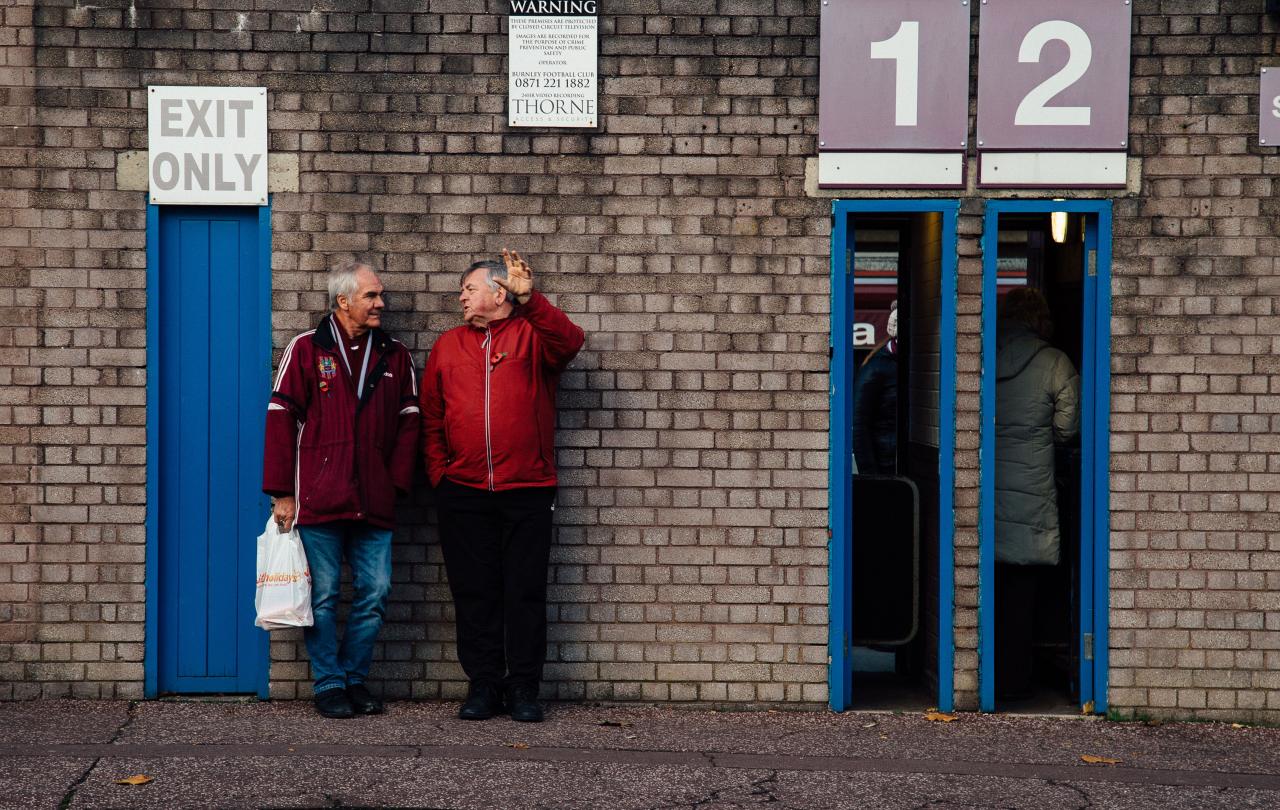
Days before Christmas 2001 a mob of nuns and priests held up a bank in Oxford Street. They were not stealing money but rather paying it in. The Nuns of St Antony’s Forest Gate, a 2000-person strong Catholic parish saved their collection money until they had a staggeringly vast quantity to deposit. On the day, they took the money in a van to an HSBC branch in Oxford Street, wheeled it in on trolleys, where they proceeded to deposit every single coin.
At the same time priests in their clerical collars, and worshippers from a range of congregations in East London queued up at the other desk to slowly and repeatedly enquire about opening savings accounts. All the while, other members of these institutions stood outside holding banners accusing HSBC of exploiting low paid workers, saying “Give HSBC a Living Wage for Christmas.” The entire branch was brought to a standstill. Anxious Christmas shoppers stood helpless and astonished as this spectacle frustrated their attempts to withdraw money.
They heard that wages were so bad that workers needed to take on multiple jobs, forcing them to choose between feeding their kids and seeing them.
These nuns, priests and other Christians planned this action to secure a liveable wage for all who work at HSBC, but they also had broader ambitions. The East London Communities Organisation (TELCO), a broad-based coalition of citizens from churches, mosques, and other faith and community groups began to organise for a pay rate which was enough to live on, the amount which is now known as the Real Living Wage (currently £11.95 in London; £10.90 everywhere else). Each of these citizens had been listening to the people in their institutions. They heard that wages were so bad that workers needed to take on multiple jobs, forcing them to choose between feeding their kids and seeing them, and preventing them from praying and worshipping. Motivated by the belief that all human beings are of equal value and dignity in the eyes of God, these Christian communities, alongside the other groups in TELCO began campaigning for a fair and just rate of pay.
The new neighbour
As these discussions were ongoing they could see the new HSBC tower slowly ascending above their East London skyline. Considerable amounts of government money had been spent on the infrastructure of Docklands, which would serve this tower. TELCO citizens discerned that if it was going to benefit those who lived in east London, there would need to be a living wage for everyone who would work in that building. Therefore, they decided to ask the bank to make contracts for cleaning and security at the new tower on the condition that workers be paid enough to live on, in East London (£6.30 at the time). A number of religious and civic leaders had written to the HSBC chairman, Sir John Bond, to request a meeting to discuss these poverty wages. However, they had heard nothing back.
At this point, the nuns at St Antony’s came up with their plan. Visitors and members of the 2000 strong congregation would leave coins in the collection when they light candles in church, and the nuns were accustomed to depositing them every Tuesday. However, they decided to keep hold of them for several months until they managed to fill that small van. Eventually, on 19 December they set out in it to Oxford Street, with priests and parishioners in tow, and brought this branch to its knees.
The action worked. Within an hour Sir John had agreed to meet with TELCO members at St Philip's Church, Plaistow, to discuss their demands that cleaning and security contracts pay a living wage. Negotiations continued until 2004, when HSBC agreed to the campaigner’s demands, ensuring that every contractor pays a living wage, sick pay, pension and free access to a trade union. This victory built great momentum for the movement for a Real Living Wage, which is now voluntarily paid by over 12,000 UK employers. Therefore, this life-giving campaign for economic justice finds its origins, in part, with a group of nuns saving up their small change, because their faith led them to believe in the inextinguishable dignity and value of all human lives.





